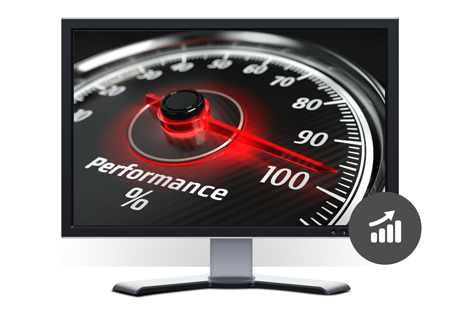F
ForgottenSeer 72227
Hehe!But, then what will we all argue about until we are red in the face!?
I know, this peace is too much for me. I guess we will have to debate whether Star Wars, or Star Trek is better.....?
GO!
I have an old laptop with HDD and WD works fast or should i say it doesn't slow PC as much as Kaspersky free or BD free.
Your post highlights my point of view exactly. Despite some back and forth saying WD is garbage on HDDs and you require SSDs, it just shows your experience is different. Again, we can argue till the cows come home, end of the day everyone's experience with any AV will be different, so use what works for you.
As to the HDD vs SSD legacy thing, all I will say is that from a "technology" standpoint, yes SSDs are newer and HDDs can be considered legacy IMHO. Heck standard SSDs may even be considered legacy with NVME and such.
Anyways enough going off topic.




